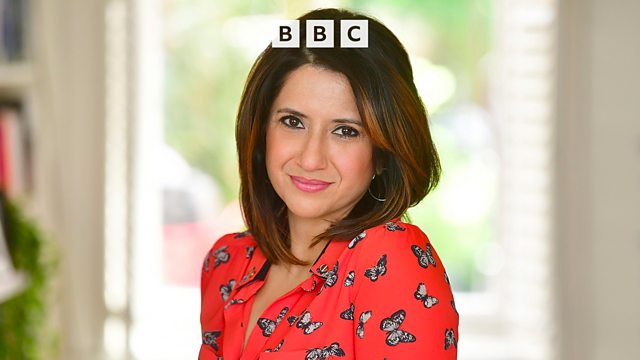Can mass trespass help reconnect Britons with nature?
Could wider access to Britain's countryside bring us closer to nature and in turn bring increased social and environmental benefits? Sangita Myska finds out.
Could wider access to Britain's countryside bring us closer to nature and in turn bring increased social and environmental benefits? Sangita Myska meets Guy Shrubsole, author of Who Owns England and founder of Right to Roam – a campaign to improve access to privately held land.
According to Shrubsole, in Britain (excluding Scotland) we are excluded from 92 per cent of the land and 97 per cent of its waterways. Yet the Covid lockdowns highlighted how much we crave green spaces and how many of us do not have the privilege of easy access to nature.
In 1932, the Kinder Scout mass trespass in Derbyshire ultimately led to the establishment of our national parks in mainly upland areas – including the Peak District, the Lake District and Snowdonia. Public rights of way were further enshrined in law in the Countryside and Rights of Way Act 2000.
Mass trespassing, Shrubsole argues, could once again be a meaningful way of connecting with the British landscape and put pressure on the government to improve the Right to Roam to include woodlands and rivers. Is he right?
Contributors include:
Lady Victoria Vyvyan, deputy president of Country Land and Business Association, and herself owner and manager of a 1,000-acre estate in Cornwall.
Maxwell Ayamba, journalist and academic, champion of countryside access for minority communities, based in Sheffield near the Peak District.
Professor Rich Mitchell, of the University of Glasgow, who researches the health impacts of green spaces.
Producer: Dom Byrne
A Whistledown production for Βι¶ΉΤΌΕΔ Radio 4


